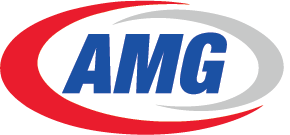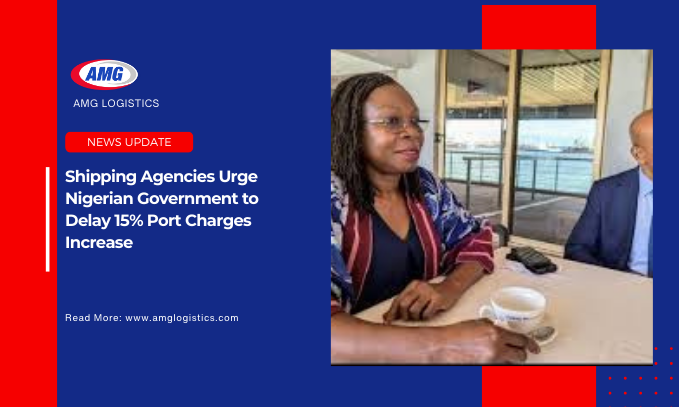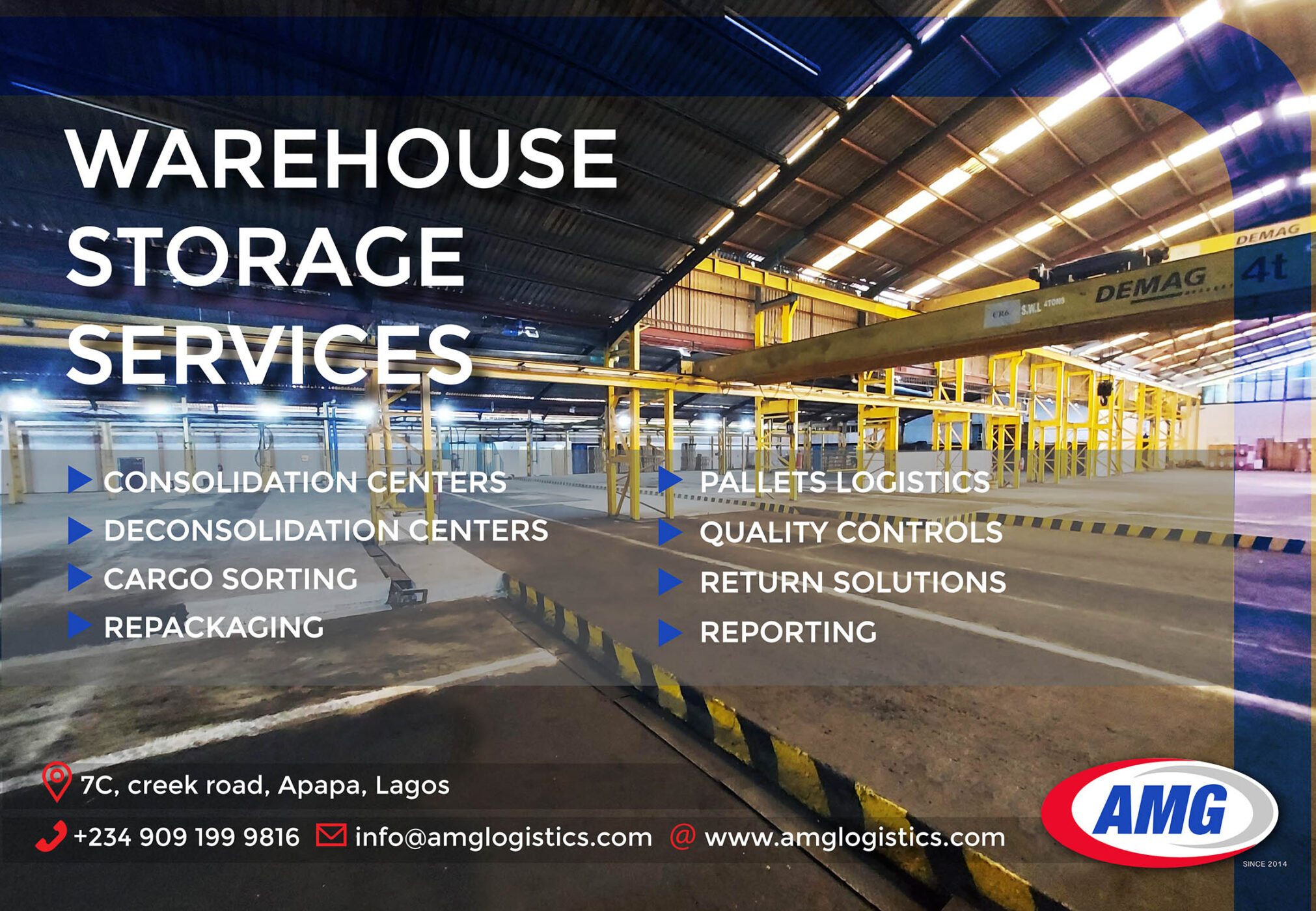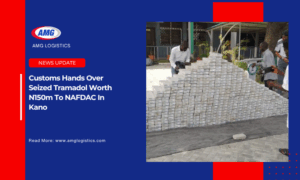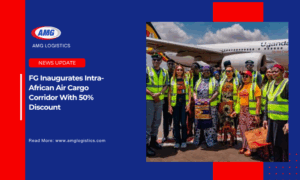The recent announcement by the Nigerian government to implement a 15% increase in port charges has sparked concerns from the Shipping Agencies, Clearing and Forwarding Employers Association (SSACFEA). At a news conference in Lagos, the association urged the federal government to engage in dialogue with industry operators before enforcing the new tariffs, which they believe could harm Nigeria’s port competitiveness.
High Port Charges Deter Cargo from Nigerian Ports
Mrs. Boma Alabi, President of SSACFEA and Senior Advocate of Nigeria (SAN), highlighted that the increase in port charges was implemented without prior consultation with key industry stakeholders. Alabi emphasized that reducing port charges would make Nigerian ports more competitive and attractive, leading to an increase in cargo throughput and creating more job opportunities.
Currently, Nigerian ports have some of the highest costs in the region, with $150,000 required for a ship to call at Nigerian ports, compared to just $15,000 in neighboring countries. This price disparity has caused Nigeria to lose significant cargoes to ports in countries like Abidjan, Singapore, and Cotonou, where shipping costs are much lower.
How the 15% Port Charges Increase Affects Nigerian Businesses
The increase in port charges, which came into effect on March 1, 2025, has added an additional cost of N290,000 to bring a 40ft container into Nigerian ports, compared to the previous N100,000. For 20ft containers, the additional cost has risen to N145,000, up from N55,000.
According to Alabi, such high port charges make Nigerian ports less attractive to shipping companies, leading to the diversion of cargoes to neighboring countries. She also pointed out that the high costs of doing business at Nigerian ports have contributed to the rise in smuggling and illicit trade, as traders seek to circumvent the expensive tariffs.
The Need for Port Expansion and Re-Dollarization of Charges
Alabi urged the government to consider port expansion and the re-dollarization of port charges to align with global standards. Neighboring countries have increasingly taken Nigerian cargoes, and much of the agricultural produce that once flowed through Nigerian ports is now being transported via road to neighboring countries, enriching their economies instead of Nigeria’s.
“Vessels calling at Nigerian ports are leaving with empty containers, and agricultural produce is getting out of the country via road,” she added. “This hurts Nigeria’s economy and further entrenches smuggling practices.”
Global Comparisons: Nigerian Ports Fall Behind
The global shipping industry has seen countries such as Singapore, Abidjan, China, Togo, and Cotonou offering much lower port charges than Nigeria. For instance, in Singapore, the cost to berth a ship is $29,000, compared to $35,000 in Nigeria. This cost disparity makes Nigerian ports less competitive, driving businesses away.
Mr. Ramesh Saraf, Deputy Managing Director of CMA CGM, also shared his concerns about the high port charges. He compared the port operations in Tema Port (Ghana) and Nigerian ports, highlighting the significantly lower cargo throughput in Nigeria. According to Saraf, the Lekki Deep Sea Port, which started operations in April 2023, is operating at less than half of its capacity due to high operational costs, which are three times the charges of other global ports.
The Way Forward: Engaging with Stakeholders
The SSACFEA has called for the government to delay the implementation of the 15% port charges increase and engage in dialogue with industry operators. Alabi believes that a reduction in port charges will not only make Nigerian ports more competitive but also generate more revenue for the government as the increase in cargo throughput would more than make up for the lost revenue from lower tariffs.
Conclusion: The Urgency of Reform for Nigerian Ports
As it stands, the 15% port charges increase is a major concern for stakeholders in Nigeria’s shipping and maritime industries. While the Nigerian Ports Authority (NPA) justified the increase as necessary to modernize infrastructure and equipment, the high costs may drive business away if not addressed.
The dialogue between the government and industry stakeholders is crucial to developing a balanced approach that will make Nigerian ports more competitive, attract investment, and promote economic growth. Without these reforms, Nigeria risks losing more cargoes to neighboring countries, while the cost of doing business at home continues to rise.
